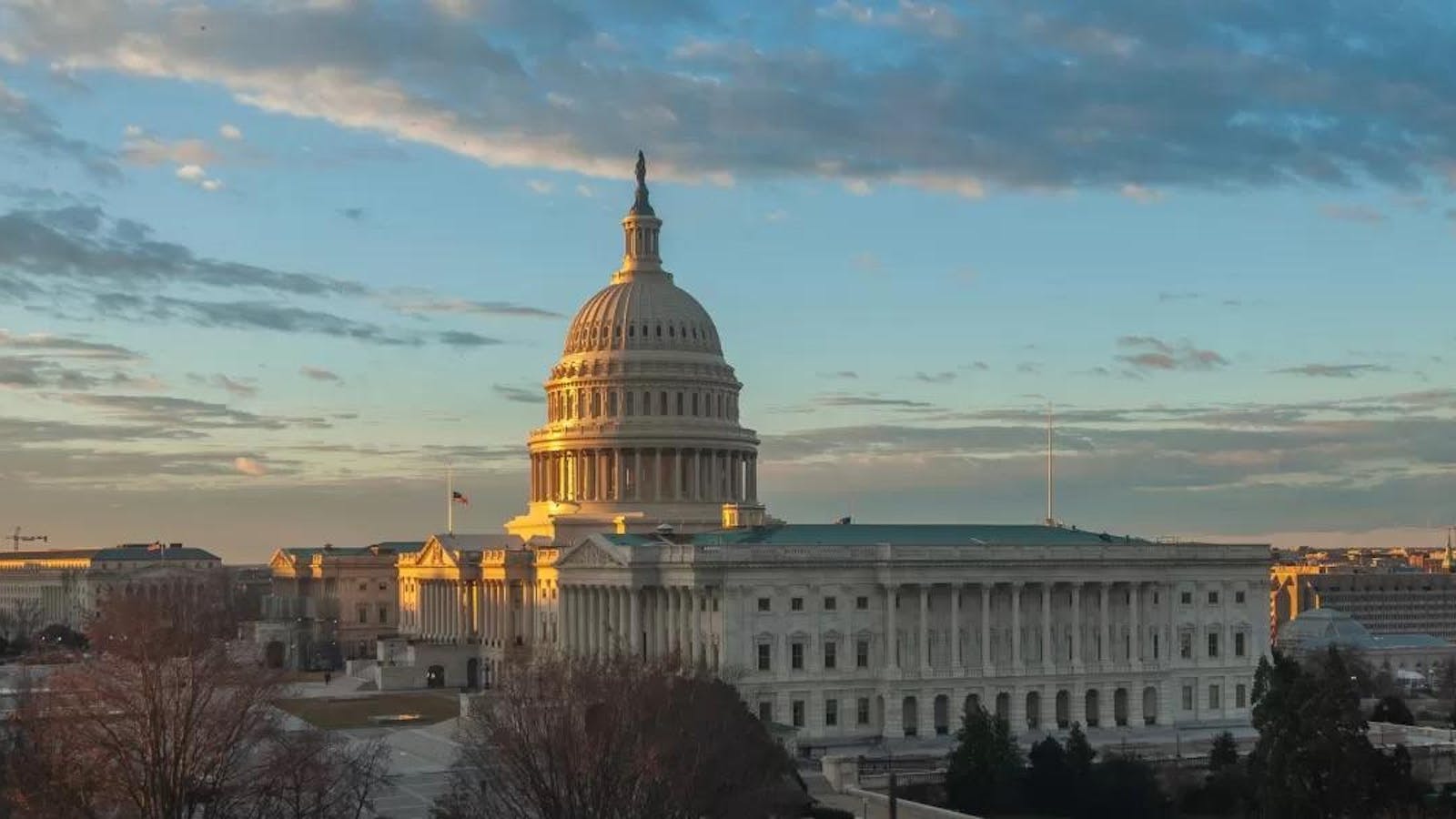
Congressional Republicans passed the landmark tax-and-spending bill in July.
Courtesy of the Architect of the Capitol
As part of the Trump administration’s larger campaign to revamp higher education, Republicans took aim at student loans and Pell Grants in their “One Big Beautiful Bill Act” — a move that could limit access to higher education, experts warn.
Despite the new statute, Brown students should not expect to see any changes in their financial aid packages. “Because Brown commits to meeting 100% of determined need, any adjustments to the Federal Pell Grant will be supplemented with University Scholarship for aided undergraduate students,” the Dean of Financial Aid Sean Ferns explained in an email to The Herald.
“Students and families will need to investigate products that are provided by private lenders if they are looking for additional financing options,” he added.
The landmark tax-and-spending bill barred some students who receive full-time scholarships from receiving Pell Grants, eliminated the GraduatePLUS loan program and placed a lifetime limit of $257,000 on student loans.
These changes could have a large impact on student enrollment, said Sarah Austin, a policy analyst from National Association of Student Financial Aid Administrators.
She expects graduate students who were previously eligible for PLUS loan programs but not for private loans to be among the hardest hit.
Private loans are often harder to obtain due to credit requirements and application processes. This is especially challenging since many students do not have established credit, Austin said.
Although she worries the loan caps will prevent some students from enrolling in higher education programs, she identified several upsides to the act.
For one, the expansion of the Pell Grant program to include workforce programs is a “major win,” Austin said. She added that the simplification of loan repayment plans could also benefit students, as the current structure can be confusing.
Austin is worried about the speed at which these changes are set to be enforced, calling the July 1, 2026 deadline “nearly impossible” due to the complexity of its implementation.
Students for Educational Equity Co-President Breana Alcantara ’27 worries the law could “severely limit access to higher education,” especially for lower-income students who rely on loans. “The bill is designed to protect the wealthiest individuals at the cost of those with low incomes; it is anything but fair,” Alcantara wrote in an email to The Herald.
“As a student who wishes to pursue a professional degree, it is worrisome to hear about the various limitations I will face,” she wrote, explaining that the new caps would not be enough to afford a graduate degree at Brown.
Tyce Mitchell ’29 said he’s worried about the cost of pursuing a J.D., fearing that he may not have “enough money for me to get loans to pursue further education after my undergrad.”
Kate Butts is a university news editor covering admissions & financial aid as well as the career and alumni beat. She previously was a senior staff writer covering University Hall. Outside of The Herald, she loves running, board games and Trader Joe’s snacks.
The Brown Daily Herald, Inc. is a financially independent, nonprofit media organization with more than 250 students working across our journalism, business and web divisions.

Recent Comments